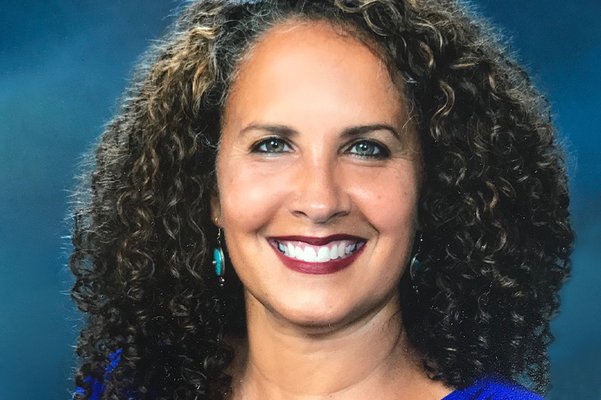Suzette Malveaux Awarded the Gilbert Goldstein Faculty Fellowship

Suzette Malveaux of University of Colorado Law School has been awarded the 2023-2024 Gilbert Goldstein Faculty Fellowship.
Established in recognition of Gilbert Goldstein’s dedication and generosity to the greater Denver legal community, this award is granted by the dean to a tenured faculty member so they may have one semester dedicated to research and writing.
Malveaux gave an interview on her intended fellowship research. A segment of the interview is available below:
Thank you so much for taking some time to chat! What are your research plans for your time as a fellow?
SM: I’m excited to spend my time as the Gilbert Goldstein Faculty Research Fellow exploring procedural justice in the civil court system. While we often focus on substantive rights, they are futile without robust procedural rights. My research will focus on some of the thorny issues where process may be politicized, and even weaponized, to the detriment of many Americans.
That sounds fascinating—would you mind sharing an example of one of these issues in the present day?
SM: Of course. Gridlock and hyper-partisanship often characterize current U.S. politics. However, Congress recently passed the bipartisan Ending Forced Arbitration of Sexual Assault and Sexual Harassment Claims Act of 2021. This Act protects victims of sexual assault and sexual harassment from being shut out of the courts and forced into arbitration—a forum which often provides fewer procedural protections such as a jury trial, right to appeal, and access to critical evidence. Congressional representatives on both sides of the aisle recognized the deep flaws in mandatory arbitration and enacted this law that will enable sexual abuse victims to come out of the shadows and get their day in court.
This groundbreaking and important legislation is an excellent start, but it is not enough. For example, survivors of racial violence and racial harassment should also be allowed to have court access and let their claims be given the light of day. They deserve the same right to choose whether to defend themselves in court or arbitration, yet they don’t have the same legal protection. My work will explore this disconnect and argue that there is an unjustifiable incongruency between the treatment of race and sex when it comes to procedural protection in the civil court system.
Are there any other major projects you will be taking on during this time?
SM: This fellowship also gives me the time to examine more broadly the legitimacy of law’s tethering access to justice to our identities. My larger project will contend that protecting only some groups, with the resources and power to lobby Congress, while leaving others behind, risks creating procedural caste.
The full interview is available here.
